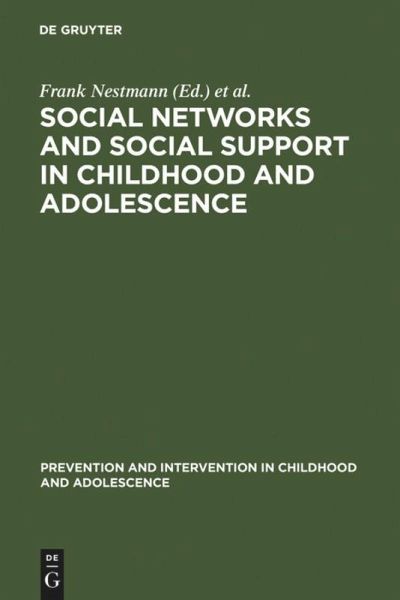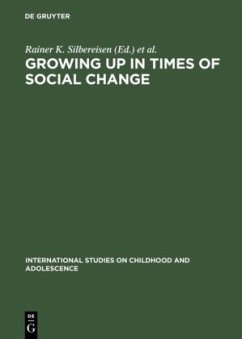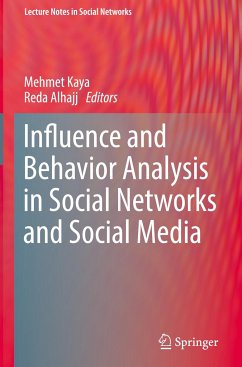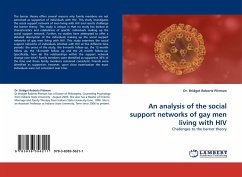
Social Networks and Social Support in Childhood and Adolescence
Versandkostenfrei!
Versandfertig in 6-10 Tagen
109,99 €
inkl. MwSt.

PAYBACK Punkte
55 °P sammeln!
The importance of the family and nonfamily networks and social support relationships of children and adolescents for their development and socialization, for their well-being and health has long been hypothesized. Nonetheless, childhood and adolescence - compared to adulthood and old age - have remained phases of the life cycle that have received little attention from support research. In turn, research on childhood and adolescence has been slow to take up the concepts of social networks and social support. For a long time, they remained unconsidered in concepts of friendship and the peer grou...
The importance of the family and nonfamily networks and social support relationships of children and adolescents for their development and socialization, for their well-being and health has long been hypothesized. Nonetheless, childhood and adolescence - compared to adulthood and old age - have remained phases of the life cycle that have received little attention from support research. In turn, research on childhood and adolescence has been slow to take up the concepts of social networks and social support. For a long time, they remained unconsidered in concepts of friendship and the peer group. The authors of this volume have tried to overcome these deficits in these original papers, to link together the often uncoordinated and parallel lines of research, and to clarify the status of social support in childhood and adolescence theoretically, empirically, and with reference to practical intervention.












